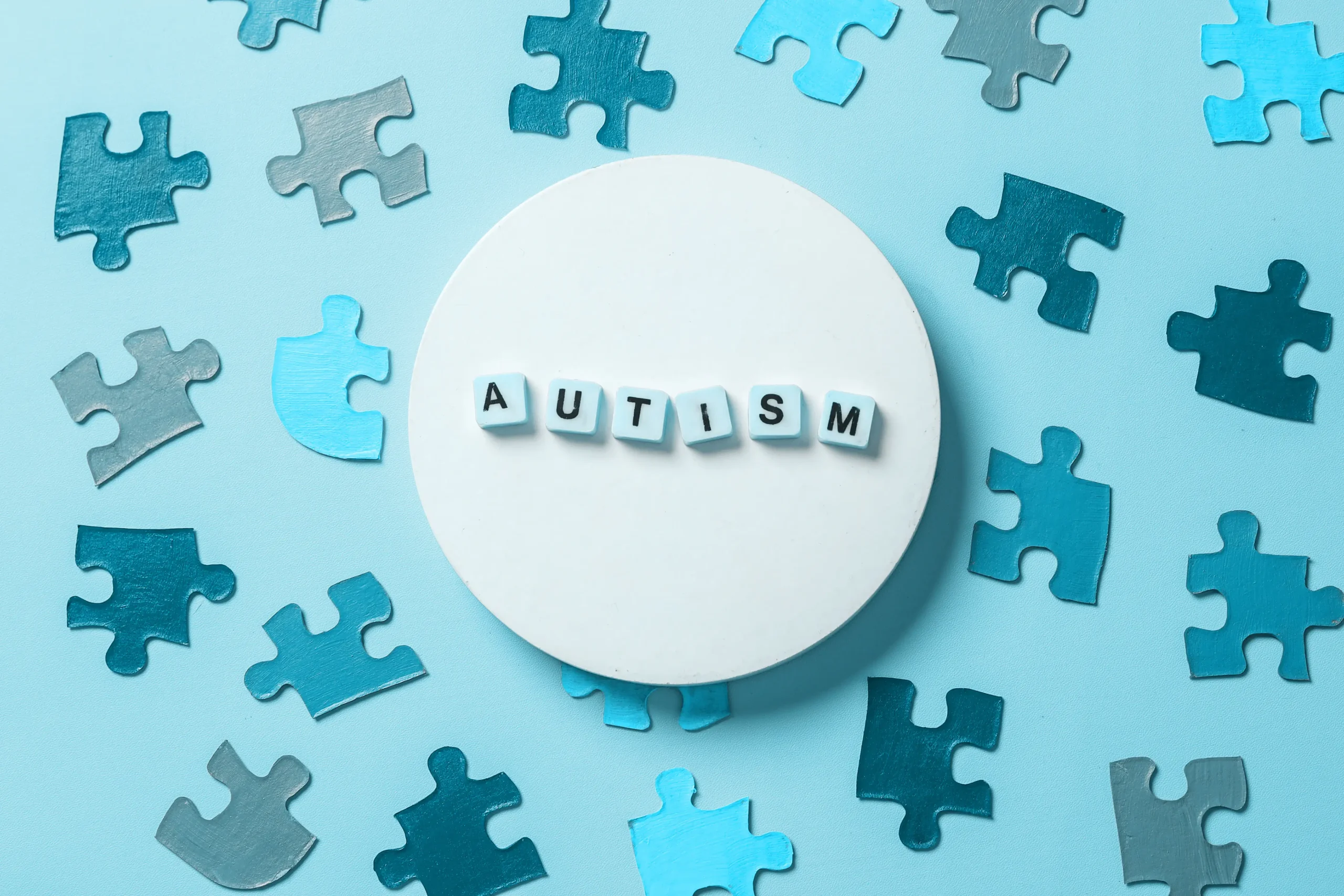The Truth About Colic
Becoming a new parent or having a new baby comes with so many emotions. It can range from anything like being overwhelmed, anxiety, excitement and all the way to pure bliss, just to name a few. As a parent of a newborn baby, you may feel anxious when your baby cries. You may wonder if he is crying a lot? If there is more to it?
Keep in mind that it is normal for babies to fuss and cry, that is pretty much what babies do; particularly during their first three months of life.
There’s a whole lot of reasons why babies cry, the common ones being: a wet diaper, cold or hot temperature, hunger, exhaustion coupled with over-stimulation, corneal abrasion, or hair wrapped around toes and fingers. Over and above these, there are other more clinically serious issues associated with an extremely crying baby, which is why you should not hesitate to have them checked out by a healthcare provider.
But one other common reason in the first three months of life is simply colic.
According to experts, colic is defined using the Rule of Three:
Baby’s crying lasts for three or more hours a day (especially at night), occurs three or more days a week, for three or more weeks.
It usually begins in the second week of life and lasts until around three months of age. Colic often starts suddenly, with loud and mostly continuous crying. Between periods of crying and fussiness, babies with colic will act age appropriately and should be gaining weight adequately. If your baby has repeated episodes of inconsolable crying but appears to be healthy and well, he may have colic.
Some risk factors associated with colic include:
- Infant with a low birth weight.
- Smoking during pregnancy.
- Incomplete or no burping after feeding.
- Incorrect positioning after feeding.
- Over- or underfeeding.
- Milk protein allergy.
- Early introduction of solids.
While no one knows what causes colic, there are many myths and truths about colic.
Here are some myths about colic that you may have heard:
- Colic equals pain.
- Colic is genetic.
- Colic can delay development.
There is no scientific evidence to all of the above.
- Colic is more common in boys. That is incorrect as it presents equally in both girls and boys.
- Colic is only seen in bottle-fed babies. Wrong again, it is found in both bottle- or breastfed babies.
- You shouldn’t hold a colicky baby too much. You cannot spoil a baby by showing them affection.
- Colic doesn’t exist.
Here are some facts about colic that every parent should know:
- Colic generally reaches its peak at 6-8 weeks after birth.
- Even though they may cry excessively, colic poses no harm to the baby, be it short or long term.
- Colicky crying is louder, more high-pitched and sounds more urgent than regular crying.
- A lot of colicky babies might pull up their legs or extend their legs, clench their fists, and pass gas.
- Some colicky babies might have hardened or distended tummies filled with gas.
- Colic generally goes away by the time babies are around 3 to 4 months old.
- Colicky babies are often gassy, fussy, and do not sleep well.
The sad truth about colic is that there’s no cure for it, what’s great however, is that it’s self-limiting and should go away by 4 months old.
Having said that, there are still some remedies that have been proven effective in terms of managing the symptoms of colic.
Before starting with any treatment plan, it is vital that your baby is seen by a clinician to rule out other serious conditions that might mimic colic. Remember, colic is a diagnosis by exclusion.
Here’s a few tips that may help:
- Try eliminate cow’s milk protein from your diet if you are breastfeeding (no dairy products).
- Elimination of coffee, spicy foods and alcohol have been shown to assist as well.
- Do not overfeed the baby.
- Do not let baby get hungry for too long before his next feed.
- If you bottle-feed your baby, you can try using a curved bottle. This allows you to hold your baby in an upright position
- Give burping breaks in between to allow for passing of gas.
- You can also try “tummy time ” or bicycle maneuver.
- Try soothing strategies like walking your baby in a pram or going for a drive; giving your baby a warm bath, using a dummy, or swaddling your baby in a blanket.
- Try dimming the lights, playing soothing music at a low volume.
Looking after a colicky baby can cause a lot of distress to a caregiver. It’s important to remember that it is not your fault and that you are doing your best.
While you wait for the 3 to 4 months for it to go away, it’s important that you look after your health, eat healthy meals and exercise often.
Let family or friends watch your baby and give yourself a break from time to time. Reach out to others and express your feelings if you feel anxious. If your baby has colic, you may feel depressed or guilty. Speak to family members, friends or a compassionate professional about your feelings.
When should you make an appointment to see your child’s paediatrician?
Book an appointment with your child’s paediatrician if your baby experiences excessive crying or if you are concerned that your little one may have colic. The doctor will ask you about your baby’s symptoms and health history. He will give your baby a physical exam.
While it may seem that your baby will have colic forever, remember that colic is only temporary. In a few short months, you won’t remember that your baby has had colic, you will be too busy making memories with your bundle of joy. Enjoy spending time with your precious baby and getting to know your little one!
The lenmed Group is a world-class chain of Private Hospitals that brings quality healthcare to communities across Southern Africa.
For more information please contact:
Dr Amukelani Mthombeni, Specialist Paediatrician
MBChB (Medunsa), FCPaed (SA), MMed Peads (SMU)
Randfontein Private Hospital
Tel: +27 (0) 87 087 2744
Email: [email protected] or [email protected]
Disclaimer: Any information contained here is merely a guideline. Always visit your healthcare practitioner for any health-related advice or diagnosis.















